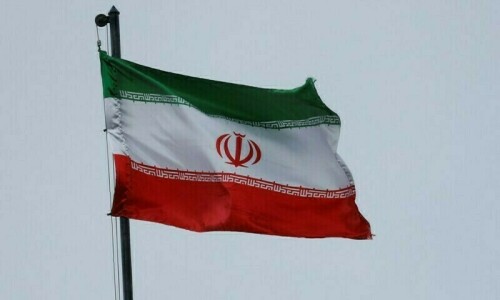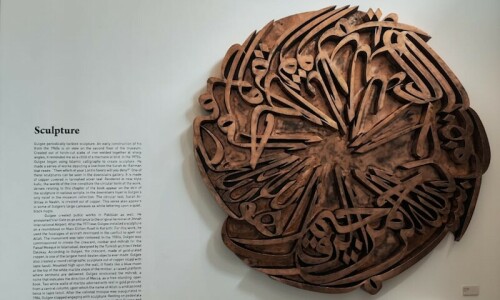
JAKARTA, Dec 28: Indonesia’s Supreme Court ordered a major palm oil company to pay more than $390 million to the state for tax evasion, a judge said on Friday, in a case likely to set a precedent in the graft-ridden nation.
The court found Asian Agri and more than a dozen of its subsidiaries guilty of “deliberately not filling tax forms properly between 2002 and 2005”, marking the country’s first prosecution in a major corporate tax case. Head judge Djoko Sarwoko told AFP said the company was ordered to pay back state losses of 1.26 trillion rupiah ($130.5m) and was fined an additional 2.52tr rupiah to be paid within a year.
The case is seen as breakthrough in Southeast Asia’s largest economy, where sweeping tax reforms introduced in recent years have been met with hostile resistance from big business. Sarwoko said that the ruling — made on December 18 but only publicised this week — would set a precedent for at least nine major tax crime cases in the pipeline.
Asian Agri is one of Asia’s biggest palm oil producers, exporting 3m tons of palm oil in 2011 with more than 160,000 hectares of plantations on the island of Sumatra, according to its website. It is a subsidiary of Royal Golden Eagle (RGE), a Singapore-based conglomerate of palm oil, pulp and oil and gas firms owned by Sukanto Tanoto, Indonesia’s seventh-richest tycoon, according to Forbes.
Environmental groups have also long accused RGE’s pulp and paper company Asia Pacific Resources International (APRIL) of logging on protected carbon-rich peatland in Sumatra.
The Asian Agri case began in 2006 when a former financial controller at the company accused of embezzling money from the firm reported that the company had evaded tax. The case was thrown back and forth between the Tax Office and the Attorney-General’s Office, raising criticisms that government institutions and law enforcers were reluctant to address major tax crimes.
“Big multi-national companies are not unattached to political and business operations. That’s why tax cases have proceeded at a snail’s pace,” Firdaus Ilyas from Indonesia Corruption Watch (ICW) said.
Ilyas said that ICW research showed resource-based companies were the most likely to evade tax in Indonesia. A report released this month by Washington-based Global Financial Integrity ranked Indonesia ninth for illicit financial outflows among the world’s developing nations, losing $109 billion in crime, tax evasion and corruption between 2001 and 2010.
Transparency International ranks Indonesia 118 in its transparency index, one of the lowest of 174 countries, assessed on par with Madagascar and Egypt.—AFP















































Dear visitor, the comments section is undergoing an overhaul and will return soon.